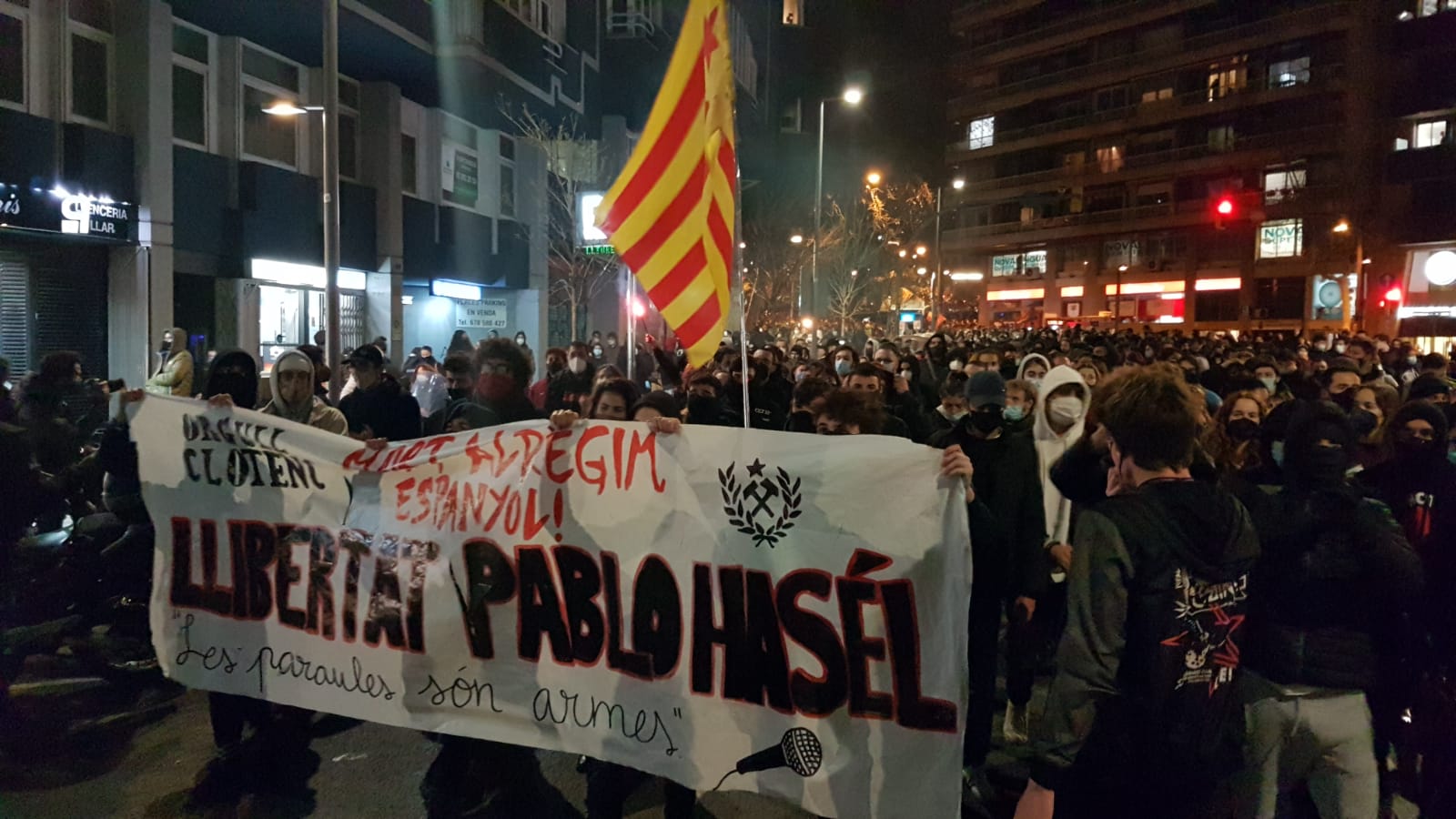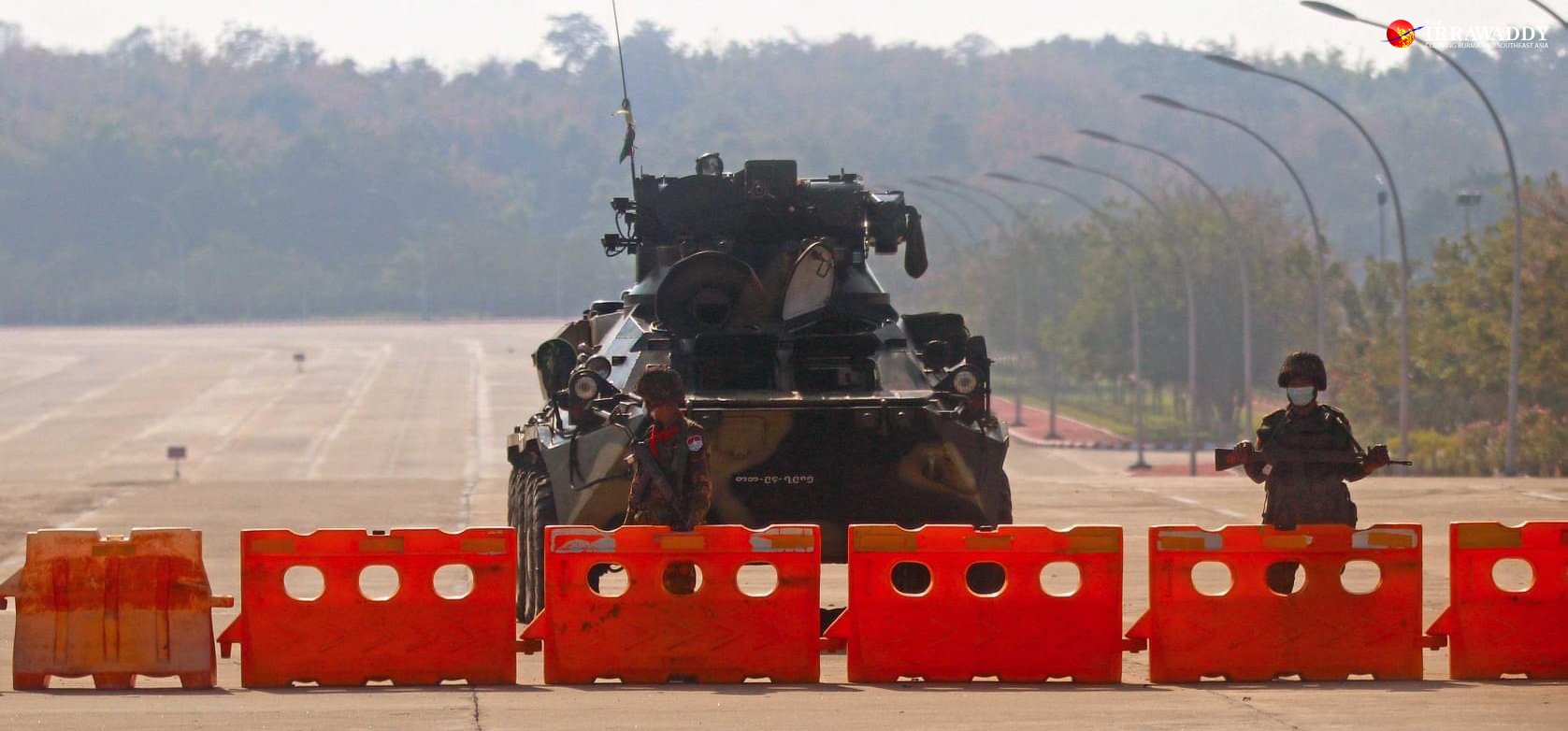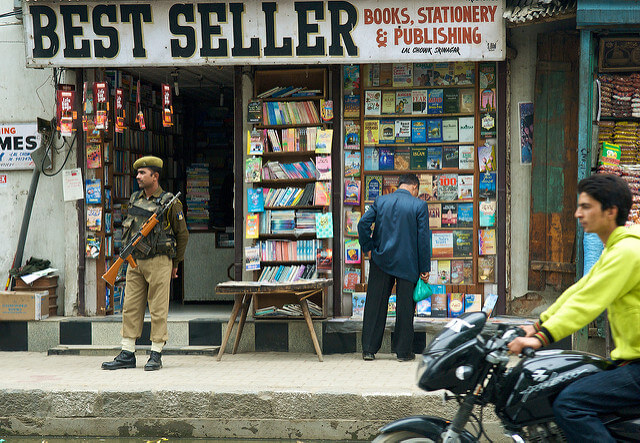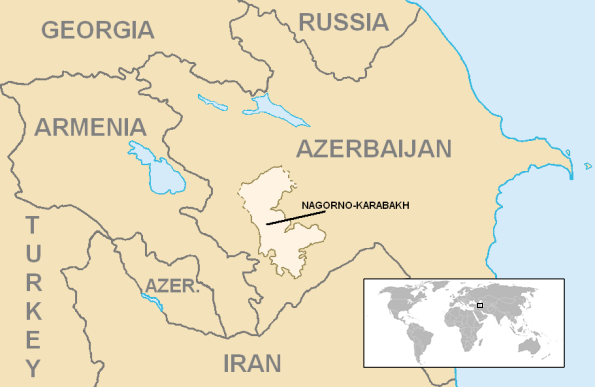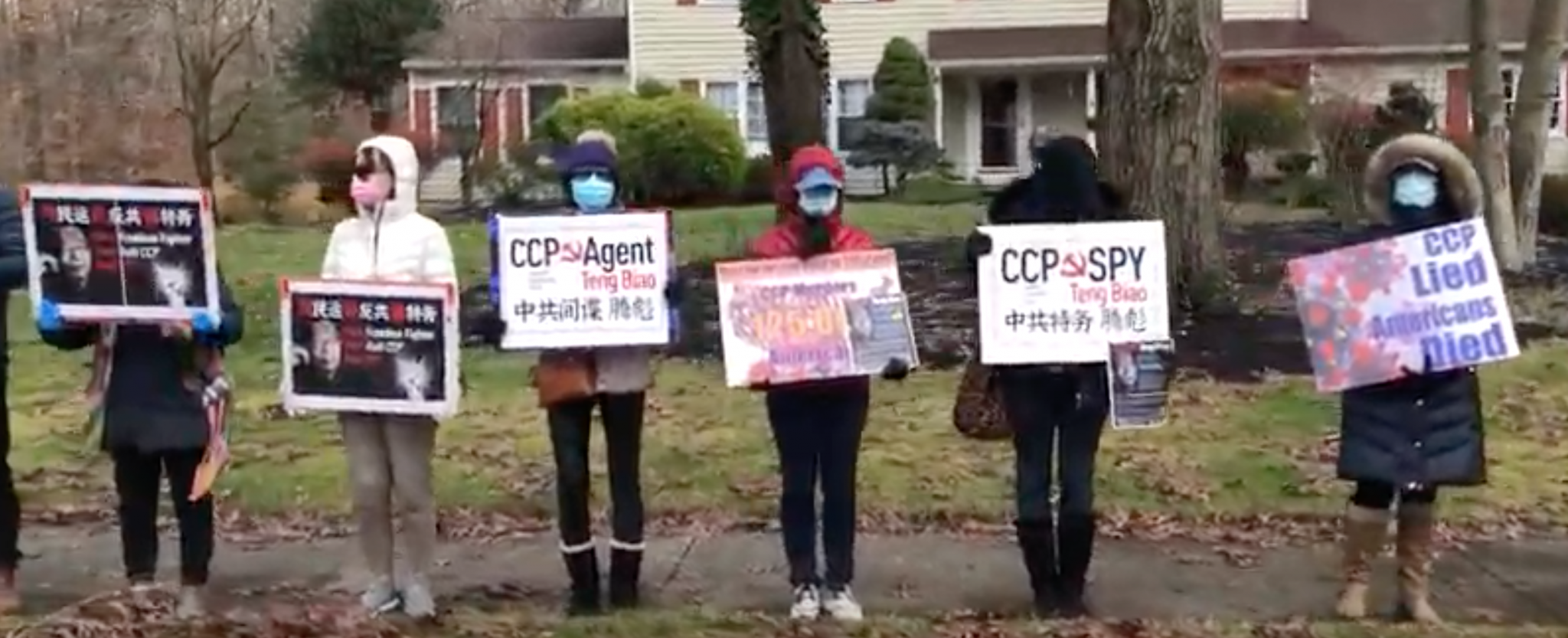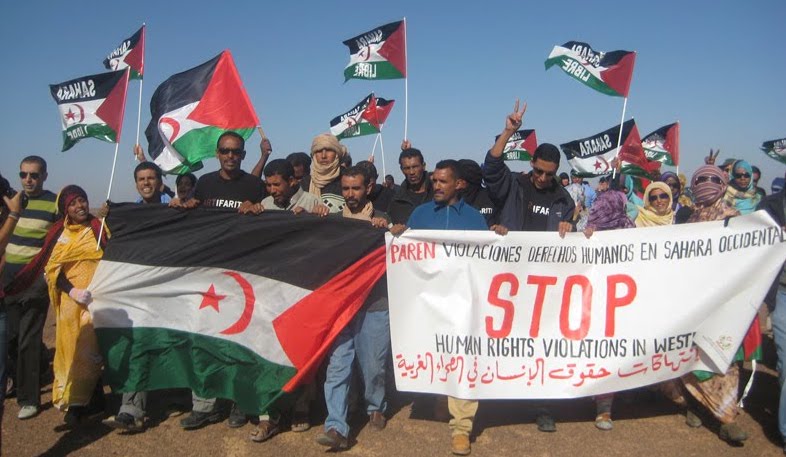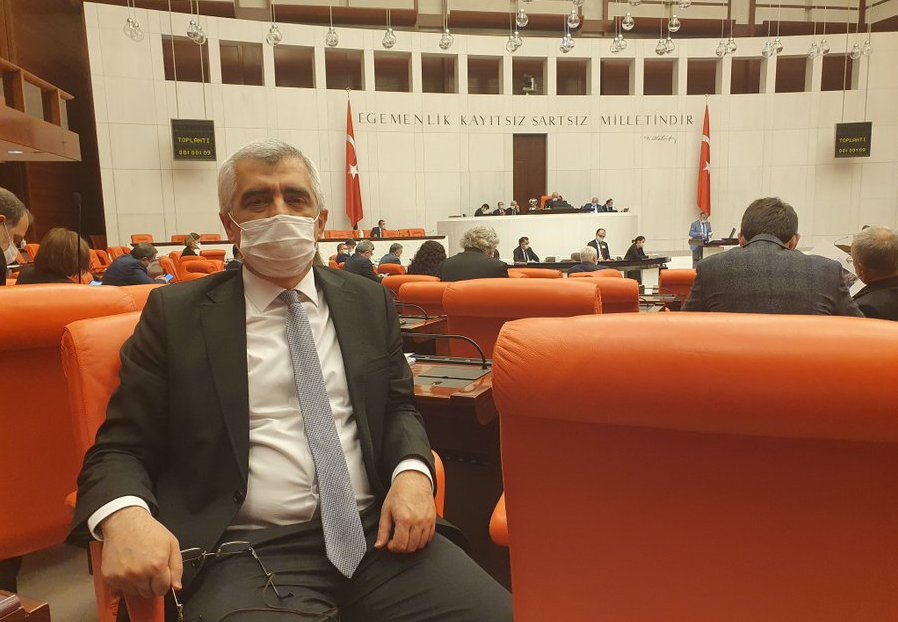
Turkey upholds sentence of MP for ‘terror propaganda’
Turkey’s Court of Cassation upheld the two-and-a-half-year prison sentence given to Ömer Faruk Gergerlioğlu, a human rights activist and MP belonging to the Peoples’ Democratic Party (HDP), on charges of “making propaganda for a terrorist organization.” In 2016, Gergerlioğlu raised alarm in parliament and on social media platforms about detained women being subjected to unlawful strip searches by police in the city of Uşak for “security reasons.” He was later accused by several members of the ruling Justice & Development Party (AKP) and the Uşak Police of being involved in terrorist activities. The case hinged on social media posts by Gergerlioğlu that supposedly included photos of armed fighters from the PKK guerillas. (Photo: Wikimedia Commons)



